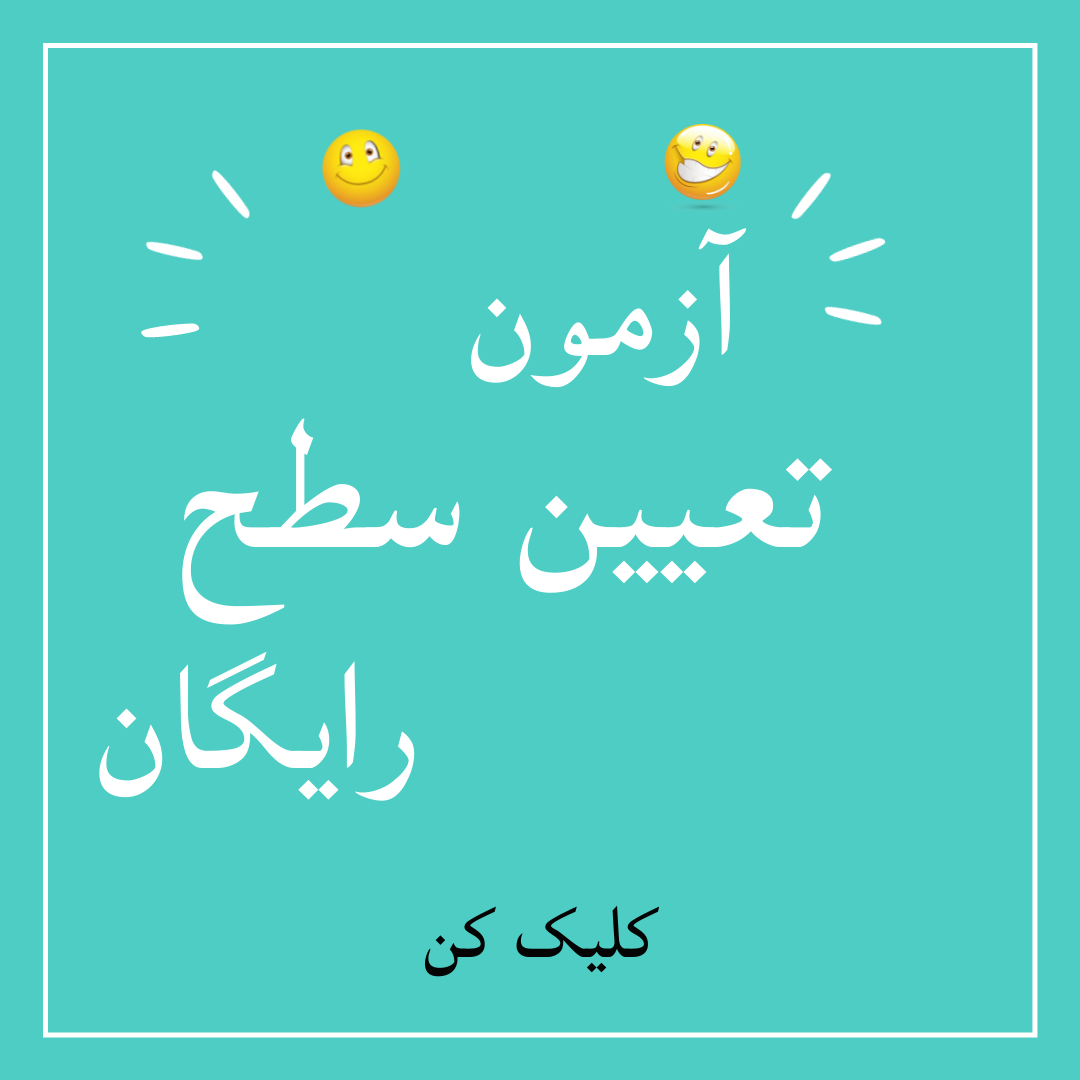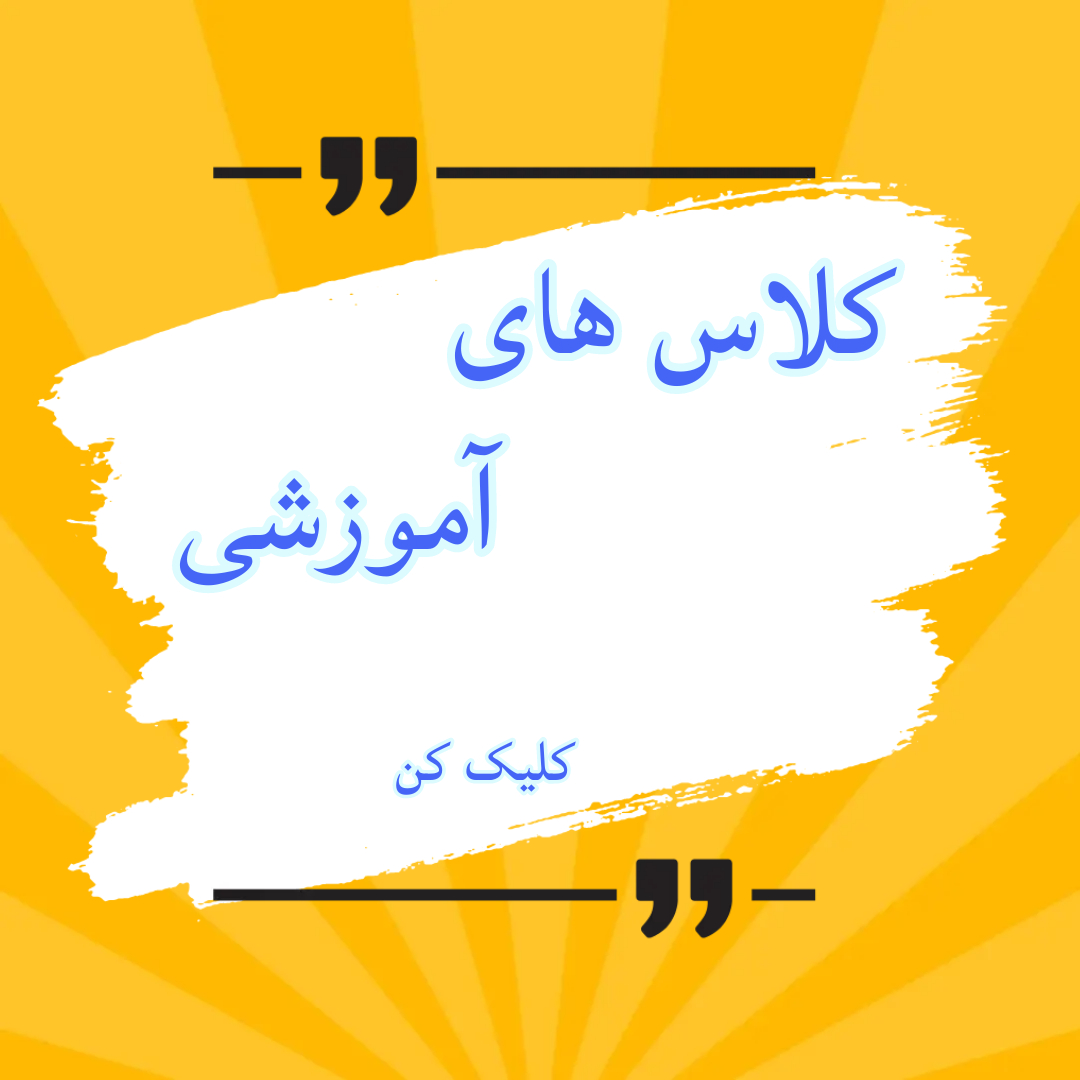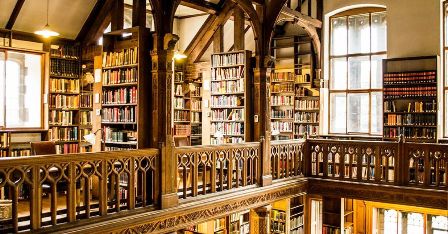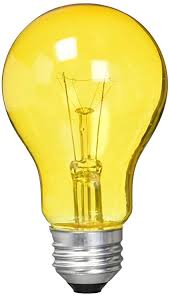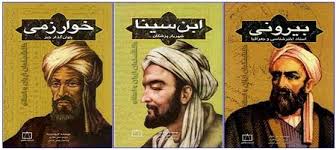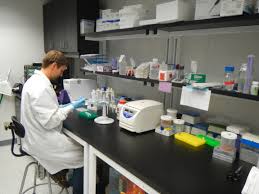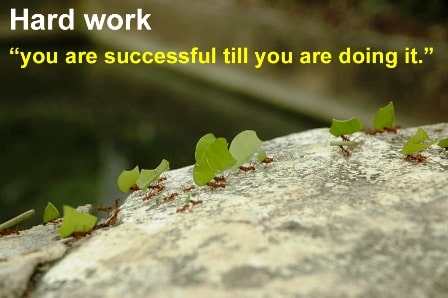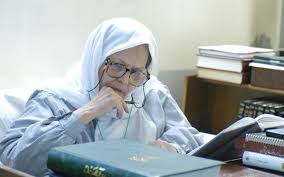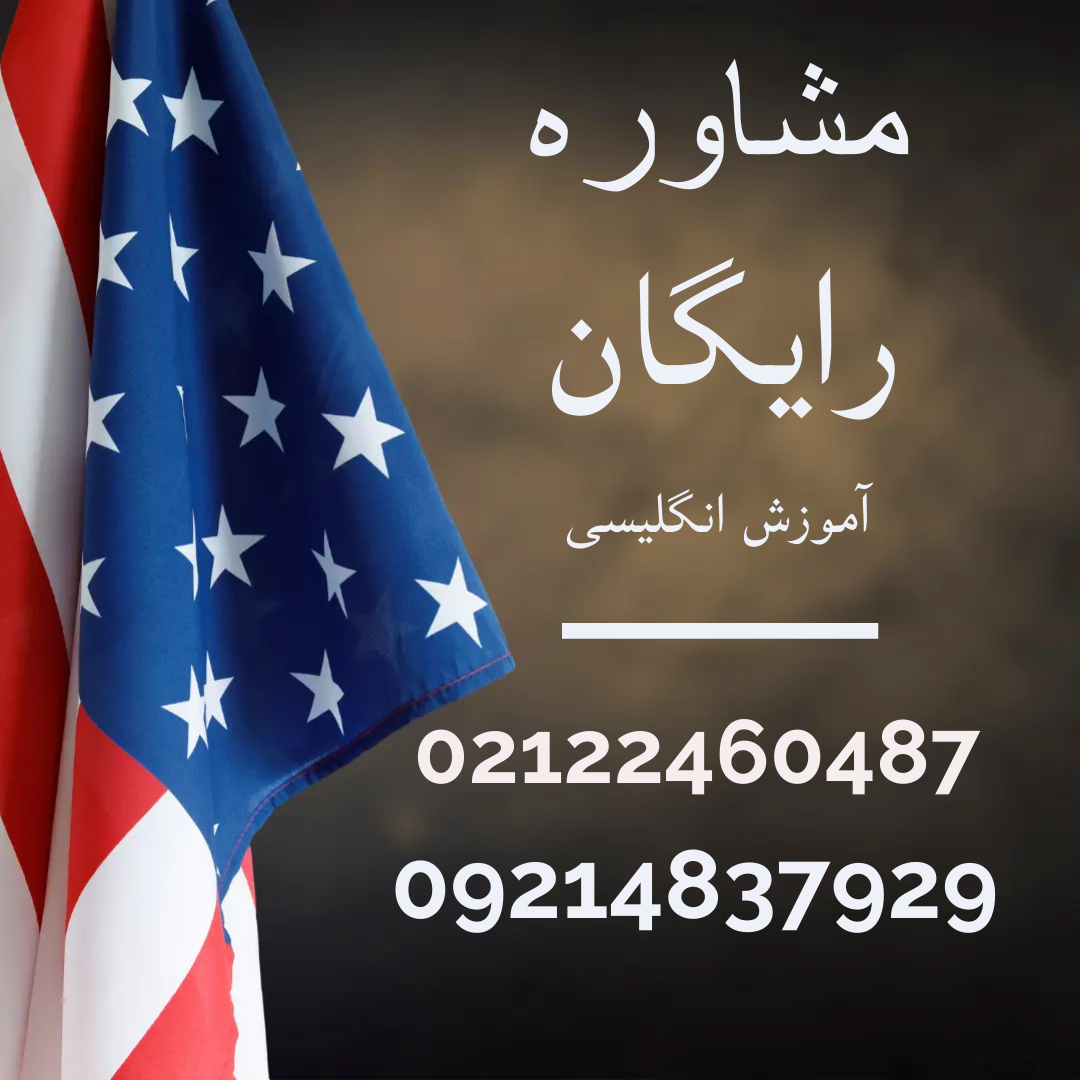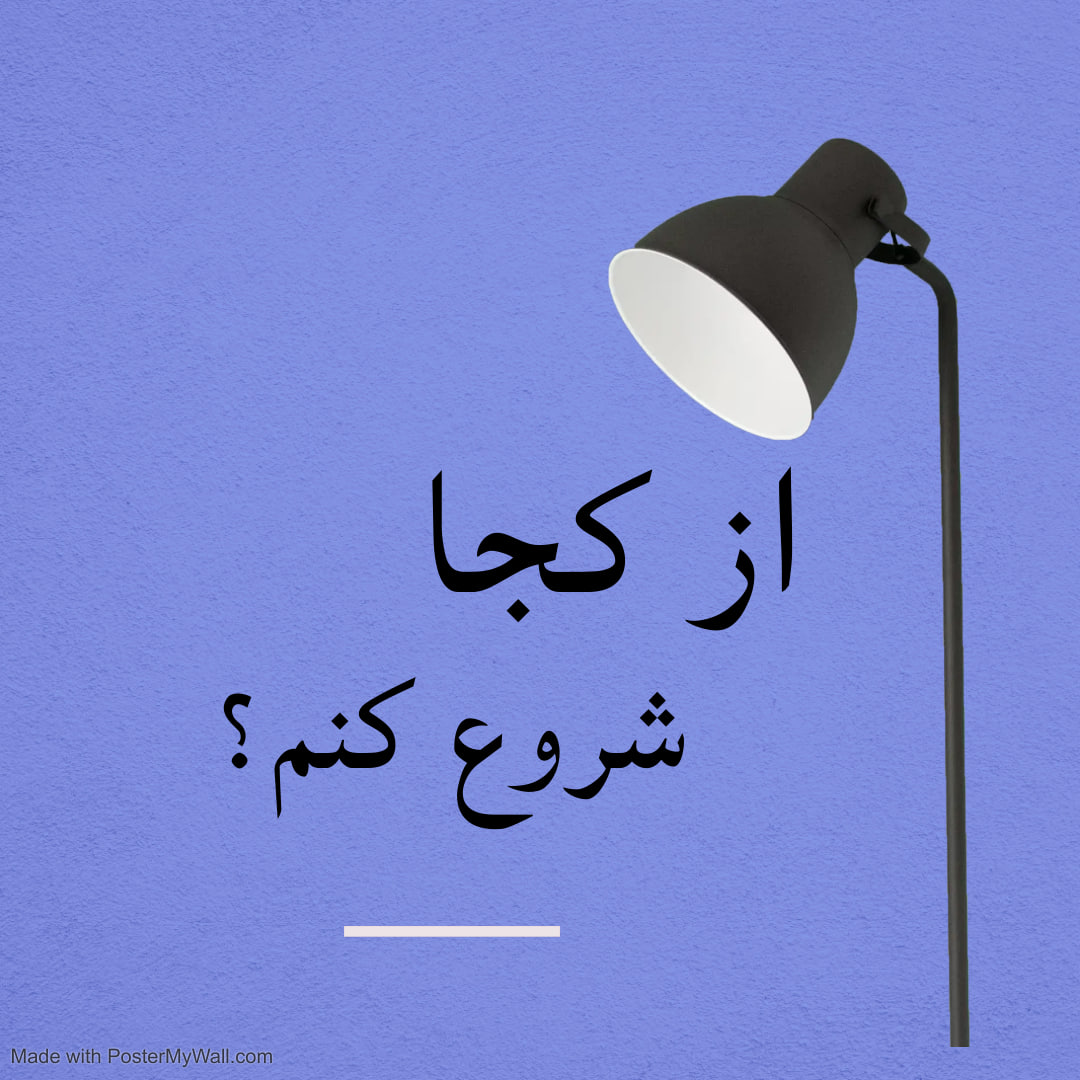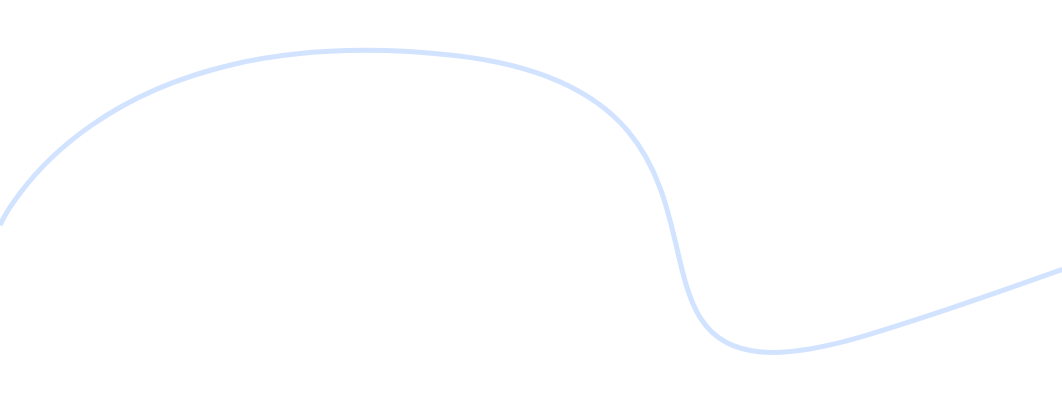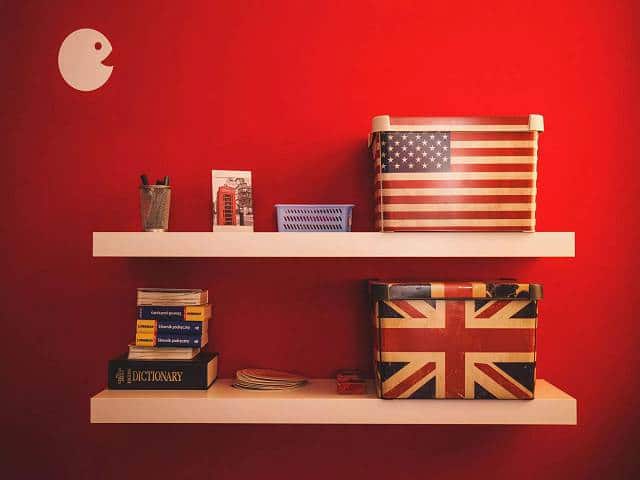آموزش گام به گام درس سوم زبان دهم
معنی درس سوم زبان دهم همراه با ترجمه لغات و فایل صوتی
درس سوم: The Value of Knowledge
[wc_tabgroup layout=”box”]
[wc_tab title=”مکالمه”]
ترجمه مکالمه درس سوم زبان دهم
Roya and Mahsa are leaving the library.
Roya: When I came in, you were reading a book. What was it?
Mahsa: I was reading a book about famous Iranian scientists.
Roya: But such books are not very interesting.
Mahsa: At first I had the same idea, believe me!
Roya: Did you find it useful?
Mahsa: Oh yes. Actually I learned many interesting things about our scientists’ lives.
Roya: Like what?
Mahsa: For example Razi1 taught medicine to many young people while he was working in Ray Hospital. Or Nasireddin Toosi built Maragheh Observatory when he was studying the planets.
Roya: Cool! What was the name of the book?
Mahsa: Famous Iranian Scientists.
رویا و مهسا در حال خروج از کتابخانه هستند
رویا: هنگامی که وارد شدم، تو داشتی یک کتاب می خواندی. آن چه بود؟
مهسا: من داشتم کتابی درباره دانشمندان مشهور ایرانی می خواندم.
رویا: اما چنین کتاب هایی خیلی جالب نیستند.
مهسا: ابتدا من هم همین عقیده را داشتم، باور کن!
رویا: فکر می کنی مفید بود؟
مهسا: آه بله در واقع من چیزهای جالب زیادی درباره زندگی دانشمندان مان یاد گرفتم.
رویا: مثل چی؟
مهسا: مثلا رازی در حالیکه در بیمارستان ری کار میکرد، به بسیاری از جوانان پزشکی یاد داد و یا خواجه نصیر الدین طوسی وقتی داشت روی سیارات مطالعه می کرد، رصدخانه مراغه را ساخت.
رویا: جالب است! اسم کتاب چیست؟
مهسا: دانشمندان مشهور ایرانی.
Answer the following questions orally.
1. Were Mahsa and Roya in a laboratory?
2. Who came to the library sooner, Mahsa or Roya?
3. Do you know any interesting story about famous scientists?
به سوالات زیر به صورت شفاهی پاسخ دهید
آیا مهسا و رویا در آزمایشگاه بودند؟
چه کسی زودتر به کتابخانه آمد مهسا یا رویا؟
آیا شما داستان جالبی درباره دانشمندان مشهور می دانید ؟
[/wc_tab]
[wc_tab title=”اصطلاحات جدید”]
This gives us an easier life when there is no light.
People use this to talk with someone in another place.
We use this to take and keep pictures very easily.
This helps us travel very fast to far places.
وقتی هیچ نوری وجود ندارد ( و همه جه تاریک است) این وسیله زندگی ما را راحتر می کند.
مردم از این وسیله برای صحبت با دیگران که در جای دیگری هستند استفاده می کنند.
ما از این وسیله برای عکس گرفتن و نگهداری آسان آنها استفاده می کنیم.
این وسیله به ما کمک می کند تا خیلی سریع به مکان های دور سفر کنیم.
Camera
Light bulb
Telephone
Airplane
scientists
a laboratory
a building
A. Look, Read and Practice.
Melika tries hard to learn English.
Babak is an energetic boy.
The students do experiments in the school laboratory.
Children grow up rapidly.
She is doing research on blood cells.
He has the flu and feels weak.
No success is possible without hard work.
Edison invented the first light bulb.
ملیکا سخت تلاش می کند انگلیسی یاد بگیرد.
بابک یک پسر پر انرژی است.
دانش آموزان آزمایشات را در آزمایشگاه مدرسه انجام می دهند.
کودکان به سرعت رشد می کنند.
او در حال تحقیق روی سلولهای خونی است.
او آنفولانزا دارد و احساس ضعف می کند.
بدون تلاش زیاد، موفقیت غیر ممکن است. (نابرده رنج گنج میسر نمی شود.)
ادیسون نخستین لامپ را اختراع کرد
معنی لغات درس سوم زبان دهم
B. Read and Practice.
solve: to find an answer to a problem
We can help you solve your problems.
develop: to grow or change into a stronger, larger or better form
This book can develop your speaking skill.
belief: something that you believe
Her belief in Allah gave her hope during difficult times.
quit / give up:to stop doing something
Fortunately, his father is going to quit smoking.
He gave up his work without saying anything to us.
thousands of: a large number of things or people
There are thousands of things I want to do.
حل کردن: پیدا کردن پاسخ یک مساله
ما می توانیم به شما در حل مشکلات تان کمک کنیم.
توسعه یافتن: رشد یا تبدیل شدن به شکل قوی تر، بزرگتر یا بهتر
این کتاب می تواند مهارت صحبت کردن شما را افزایش دهد.
عقیده: چیزی است که به آن باور دارید
اعتقاد او به خدا، در شرایط سخت به او امیدواری می دهد.
ترک / رها کردن: از انجام کاری دست کشیدن
خوشبختانه پدرش قصد دارد سیگار را ترک کند.
او بدون اینکه چیزی به ما بگوید کارش را رها کرد.
هزاران نفر: تعداد زیادی چیز یا افراد
هزاران چیز وجود دارد که ما می خواهیم انجام دهیم.
[/wc_tab]
[wc_tab title=”Reading”]
ترجمه ریدینگ درس سوم زبان دهم
No Pain No Gain
Human knowledge develops with scientists’ hard work. Many great men and women try hard to find facts, solve problems and invent things.
Some of these scientists did not have easy lives. But they tried hard when they were working on problems. They never felt weak when they were studying. They never gave up when they were doing research.
There are great stories about scientists and their lives. One such a story is about Thomas Edison. As a young boy, Edison was very interested in science. He was very energetic and always asked questions. Sadly, young Edison lost his hearing at the age of 12. He did not attend school and learned science by reading books in the library himself. When he grew up he worked in different places, but he never lost his interest in making things. Edison was famous for doing thousands of experiments to find answers to problems. He said, “I never quit until I get what I’m after”. Edison had more than 1,000 inventions and was very successful at the end of his life.
Many great names had stories like this. But the key to their success is their hard work and belief in themselves. If you want to get what you want, work hard and never give up.
علوم انسانی با کار سخت دانشمندان توسعه می یابد. بسیاری از مردان و زنان بزرگ برای یافتن حقایق، حل مشکلات و اختراع چیزهای زیادی تلاش می کنند.
برخی از این دانشمندان زندگی آسان نداشتند. اما هنگامی که مشغول کار روی مساله ایی بودند، سخت تلاش کردند. آنها هرگز در زمان تحصیل احساس ضعف نکردند. هنگامی که تحقیق می کردند، هرگز از کارشان دست نکشیدند.
حکایتهای بزرگی درباره دانشمندان و زندگی آنها وجود دارد. یکی از اینگونه داستانها درباره توماس ادیسون است. ادیسون هنگامی که یک پسر جوان بودن خیلی به علم علاقه داشت. او بسیار پر انرژی بود و همیشه سوال می پرسید. متاسفانه ادیسون جوان شنوایی خود را در سن 12 سالگی از دست داد. او به مدرسه نرفت و با خواندن کتاب در کتابخانه خود علم را آموخت. هنگامی که بزرگ شد در جاهای مختلف کار کرد، اما هرگز علاقه خود را در ساختن چیزها از دست نداد. ادیسون برای انجام هزاران آزمایش به منظور پیدا کردن پاسخ به مشکلات مشهور بود. او گفت: “من هرگز از تلاش دست نکشیدم تا زمانی که چیزی را که به دنبال آن بودم یافتم.” ادیسون بیش از 1،000 اختراع داشت و در پایان زندگی خود بسیار موفق بود.
بسیاری از نامهای بزرگ از این داستانها داشتند. اما کلید موفقیت آنها کار سخت و باور داشتن به خودشان است. اگر قصد دارید آنچه را که میخواهید بدست بیاورید، سخت کار کنید و هرگز از تلاش دست نکشید.
A. Choose the best answer.
1) Where did Edison learn science?
a) In the library b) At school c) In the laboratory
2) How did Edison find answers to problems?
a) By sleeping in the laboratory
b) By doing many experiments
c) By quitting what he was after
3) Which is not true about scientists?
a) They f ind facts
b) They invent things
c) They feel weak
B. True/False
1) Edison finally lost his interest in inventing things.
2) Edison did not attend school at all.
3) Hard work is the key to scientists’ success.
C. Match two halves.
1. After Edison lost his hearing
2. When scientists were working on problems
3. If you like to be successful
a. you must not feel weak.
b. he did not quit studying.
c. they did not give up.
d. he became a famous person.
[/wc_tab]
[wc_tab title=”گرامر”]
آموزش گرامر درس سوم زبان دهم
A. Read the following texts.
Tahereh Saffarzadeh was an Iranian writer, translator and thinker. When other kids were still playing outside, she learned reading and reciting the Holy Quran at the age of 6. As a young student, she was working very hard to learn new things. She also was writing poems at that time. She published her first book while she was still studying in the university. She got interested in translating the Holy Quran when she was studying and teaching translation. She published her translation of the Holy Quran in 1380. Saffarzadeh passed away in 1387.
Alexander Fleming was a great researcher. He was doing research in his laboratory in winter 1928. He was trying to find a new medicine to save people’s lives. He found a new medicine when he was working on antibiotics. This was the amazing penicillin.
Many other doctors were also working on this medicine in those days.They helped the first patient with penicillin in 1942 when the flu was getting around.
طاهره صفارزاده یک نویسنده، مترجم و متفکر ایرانی بود. هنگامی که بچه های دیگر هنوز بیرون از خانه درحال بازی بودند، او در سن 6 سالگی خواندن و تلاوت قرآن کریم را فرا گرفت. هنگامی که دانش آموز کم سن و سالی بود، بسیار سخت کار کرد تا چیزهای جدیدی یاد بگیرد. او در آن زمان شعر نیز نوشت. در حالی که هنوز در دانشگاه تحصیل می کرد، اولین کتاب خود را منتشر کرد. هنگام که درحال مطالعه و تدریس ترجمه بود به ترجمه قرآن کریم علاقه مند شد. او ترجمه خود را از قرآن کریم در سال 1380 منتشر کرد. صفارزاده در سال 1387 از دنیا رفت.
الکساندر فلمینگ یک محقق بزرگ بود. او در زمستان سال 1928 در آزمایشگاه خود در حال انجام تحقیقاتی بود. او در تلاش بود تا دارو جدیدی برای نجات جان انسانها پیدا کند. در حالی که بر روی آنتی بیوتیک ها کار می کرد، یک دارو جدید یافت. این دارو پنی سیلین شگفت انگیز بود.
بسیاری از پزشکان دیگر نیز آن روزها روی این دارو کار میکردند. آنها در سال 1942 هنگامی که آنفولانزا شیوع پیدا کرد با استفاده از پنی سیلین به اولین بیمار کمک کردند.
E. Read the following paragraph and choose the best verb forms.
It was raining yesterday. I was sitting/sit in the living room. I watched/was watching a movie about a great scientist, Ghiyath al-Din Jamshid Kashani. He was a great inventor. He was from Kashan. His father was a doctor. Jamshid is/was very interested in numbers and planets. Actually, he invented/invent many interesting things when he was solving/solved math problems.
Sadly, this scientist has/had a very short life. Someone was killing/killed him when he worked/was working in his observatory. He was/is only 42 years old.
دیروز هوا بارانی بود. من در اتاق نشیمن نشسته بودم. من تماشا کردم / در حال تماشای یک فیلم در مورد یک دانشمند بزرگ، غیاث الدین جمشید کاشانی بودم. او یک مخترع بزرگ بود. او اهل کاشان بود. پدرش دکتر بود. جمشید به اعداد و سیارات بسیار علاقه داشت. در حقیقت، هنگامی که در حال حل مسائل ریاضی بود، چیزهای بسیار جالبی را اختراع کرد. متاسفانه، این دانشمند زندگی بسیار کوتاهی داشت. وقتی درحال کار در رصدخانه اش بود، یک نفر او را کشت. او فقط 42 سال داشت.
F. Pair up and talk about the things you were doing at the given times.
1. Yesterday at 5
2. When the teacher came in
3. This morning at 5:30
4. When my father came home
G. Go to Part II of your Workbook and do A, B and C.
[/wc_tab]
[wc_tab title=”گفت و شنود”]
A. You may use ‘simple past’ and ‘past progressive’ together to narrate a story. Past progressive is sometimes used to give background/ situation to the story.
Last night at 8 o’clock we were sitting in the hall. We were talking about our day. Suddenly we heard a noise. My father went out to see what was making the noise. When my father was walking in the yard, we went to the kitchen. We saw a kitty in the kitchen. It was eating a cookie. The Poor kitty was hungry.
شب گذشته ساعت 8 صبح در تالار نشسته بودیم. ما در مورد اتفاقات روزمان صحبت میکردیم. ناگهان سر و صدایی شنیدیم پدرم بیرون رفت تا ببیند سر و صدا از کجا می آید. وقتی پدرم در حیاط راه می رفت، ما به آشپزخانه رفتیم. ما در آشپزخانه یک بچه گربه دیدیم. بچه گربه درحال خوردن یک بیسکویت بود. بچه گربه بیچاره گرسنه بود.
You may use the following patterns to ask and answer about stories that happened in the past.
What were you doing (yesterday at 8)?
What was happening (yesterday at 8)?
B. Listen to the following conversations and complete the sentences.
Conversation 1
1. Leila was ………………………………………………………………………………….. .
2. The driver ………………………………………………………………………………. .
Pair up and ask your friends about the things they were doing last weekend in the afternoon. You may use the verbs in the box.
talk to someone, read a book, watch TV, play in the yard
Conversation 2
1. Amir ………………………………………………………………………………………… .
2. Amir was ………………………………………………………………………………… .
Pair up and ask your friends about the things they did or didn’t do when they were solving a problem. You may use the verbs in the box.
study hard, work long hours, quit working, feel weak, try hard, give up trying
[/wc_tab]
[wc_tab title=”تلفظ”]
A. Listen to the following sentences. Notice how the speakers say some words with more emphasis.
1. Were you doing the research? No, Ali was.
2. Who broke the window? It wasn’t me.
3. Why were the students making so much noise? They weren’t.
The workers were making noises.
4. Is it Jim’s car over there? No, his car is white.
B. One word in each sentence is red. Say the sentence with emphatic stress on that word. Can you guess how the meanings of the sentences are different?
1. Mina’s dress is white.
2. Mina’s dress is white.
3. Mina’s dress is white.
[/wc_tab]
[wc_tab title=”Writing”]
Verb
A verb is a word that expresses an action or a state of being.
1) Action verbs:
The verbs that express an action. For example:
He is writing a letter.
The children went to school by bus yesterday.
My brother drinks milk every day.
2) State verbs:
The verbs that express a state rather than an action. They usually relate to emotions, thoughts, and senses.
We believe in Allah.
We love our country.
She feels happy.
Simple and Continuous Forms
1) We can use the simple or the continuous form of action verbs:
I cleaned my room yesterday.
I am cleaning my room now.
2)We usually use the simple form rather than the continuous form of state verbs:
I don’t know the name of the street.
Kids love chocolate.
B. Read the following sentences and choose the best verb forms:
1. I (don’t like / am not liking) reading newspapers.
2. At 3 o’clock yesterday, I (needed / was needing) a taxi.
3. She (watches / is watching) television at the moment.
4. I (want / am wanting) to go to the cinema tonight.
5. Unfortunately, he (didn’t remember / wasn’t remembering) my name.
[/wc_tab]
[wc_tab title=”What you learned”]
1. Fill in the blanks based on what you just heard.
Sajjad was taking pictures yesterday at
When he was taking pictures came to help.
2. Listen again and list ‘past progressive verbs’.
B. Now listen to the rest of the story.
The firefighters jumped out of their cars. They were working quickly. They were putting out the fire. People were standing near the building. They were watching the fire. It was dangerous. Sajjad put his camera aside and asked people to leave. The firefighters put out the fire when he was talking with people.
آتش نشان ها از اتومبیل هایشان بیرون پریدند. آنها به سرعت کار می کردند. آنها آتش را خاموش کردند. مردم نزدیکی ساختمان ایستاده بودند. مردم آتش را تماشا کردند. کار خطرناکی بود. سجاد دوربین خود را کنار گذاشت و از مردم خواست تا آنجا را ترک کنند. آتش نشانان هنگامی که با مردم صحبت می کرند درحال خاموش کردن آتش بودند.
3. Underline all ‘past progressive verbs’.
C. Work in pairs. Ask and answer. Use appropriate sentence stress and intonation.
Did Sajjad put out the f ire?
What was Sajjad doing in the park?
Were the f iref ighters working slowly?
[/wc_tab]
[wc_tab title=”واژگان”]
کلمات جدید درس 3 انگلیسی پایه دهم:
معنی لغات درس سوم زبان دهم
Actually: درواقع
Attend: شرکت کردن
Belief: باور، اعتقاد
Believe: اعتقاد داشتن
Building: ساختمان
Cookie: بیسکویت
Dangerous: خطرناک
Develop: توسعه یافتن
Do experiment: آزمایش انجام دادن
Do research: تحقیق کردن
Energetic: پر انرژی
Famous: معروف
Far: دور
Feel weak: احساس ضعف
Flu: آنفلانزا
Fortunately: خوشبختانه
Gain: بدست آوردن
Give up: دست کشیدن
Grow up: بزرگ شدن
Hearing: شنیداری
Idea: ایده
Interesting: جالب
Invent: اختراع کردن
Inventor: مخترع
Jumped out: بیرون پریدن
Kitty: بچه گربه
Laboratory: آزمایشگاه
Light: نور
Lost: از دست دادن
Medicine: پزشکی
Observatory: رصدخانه
Pain: درد
Passed away: مردن
Possible: ممکن
Quit: دست کشیدن
Rapidly: سریع
Recite: تلاوت کردن
Sadly: متاسفانه
Scientists: دانشمندان
Skill: مهارت
Smoking: سیگار کشیدن
Solve: حل کردن
Success: موفق شدن
Suddenly: ناگهان
Take picture: عکس گرفتن
Thousands of: هزاران
Translator: مترجم
Try: سعی کردن
Useful: مفید
[/wc_tab]
[wc_tab title=”مونولوگ”]
[/wc_tab]
[wc_tab title=”درس بعد”]
آموزش درس چهارم زبان پایه دهم
[/wc_tab]
[/wc_tabgroup]

